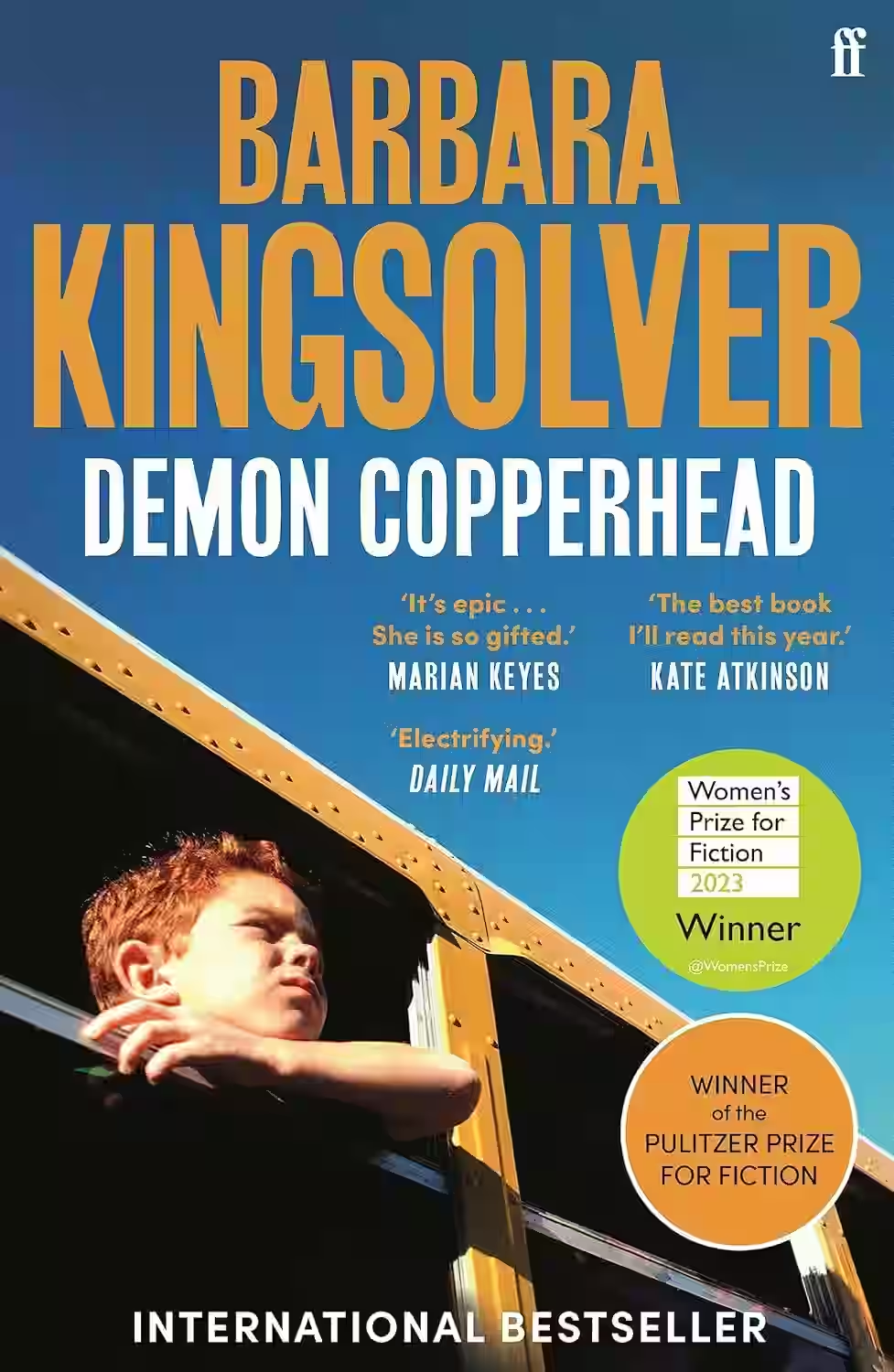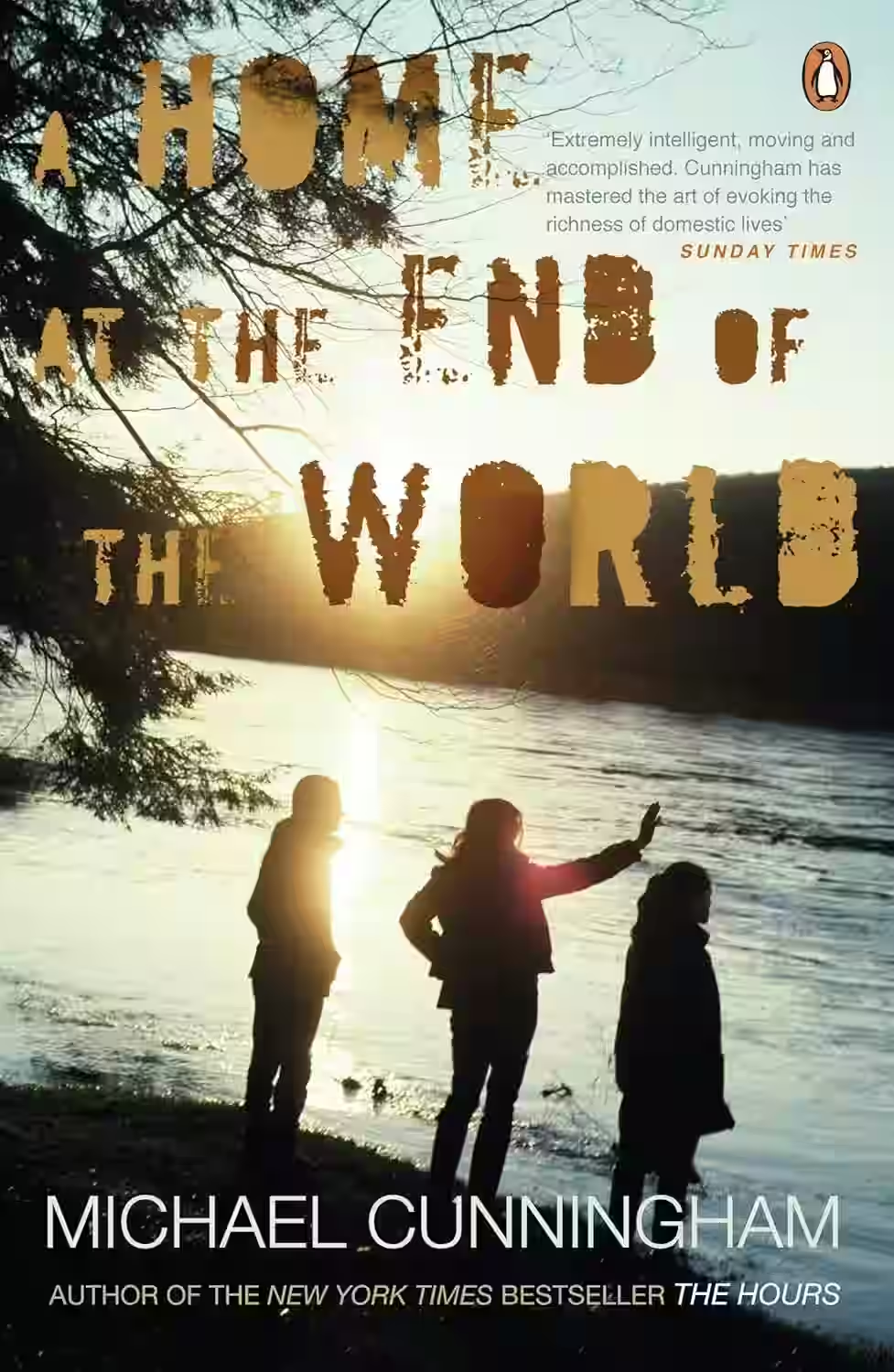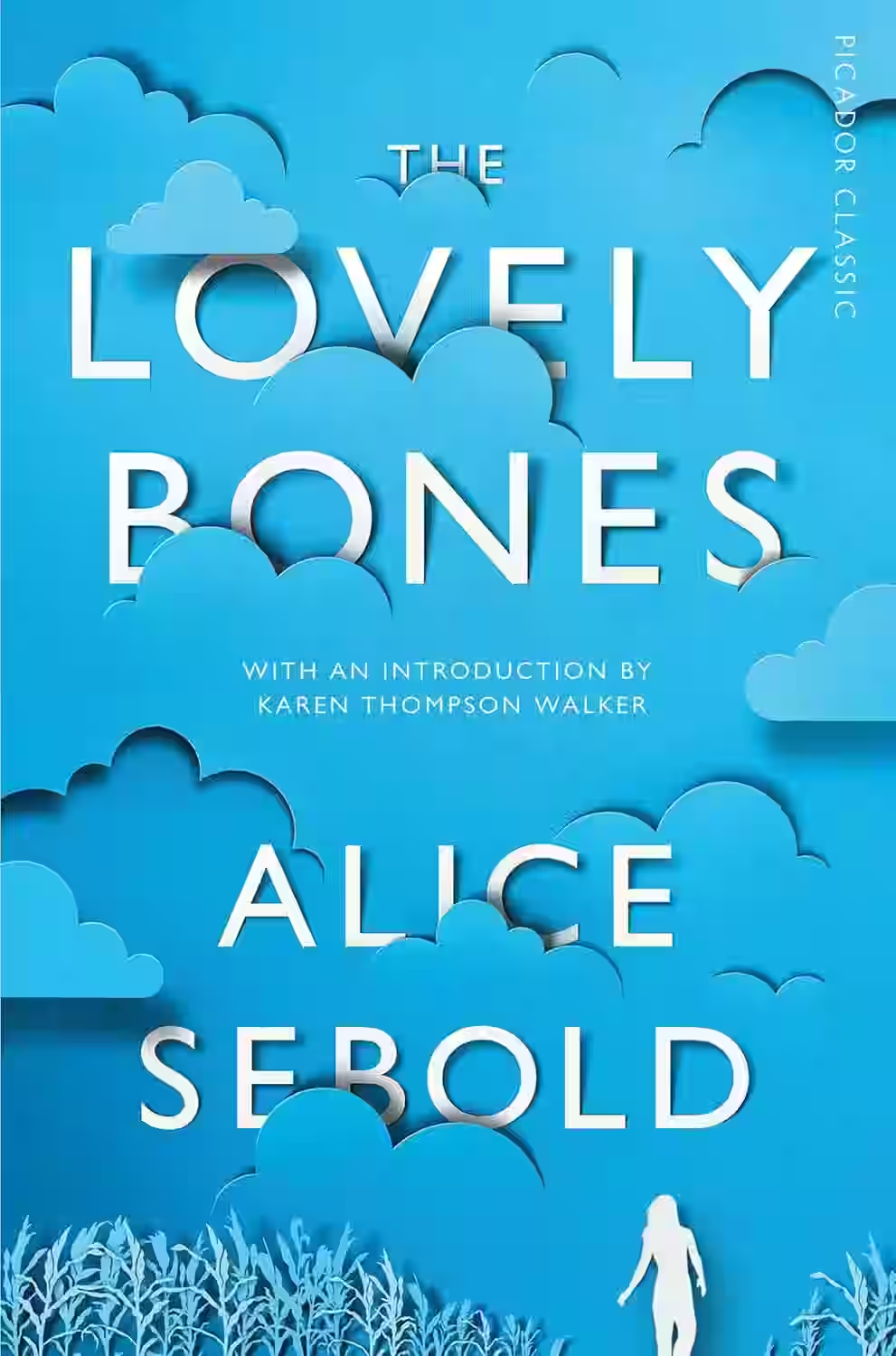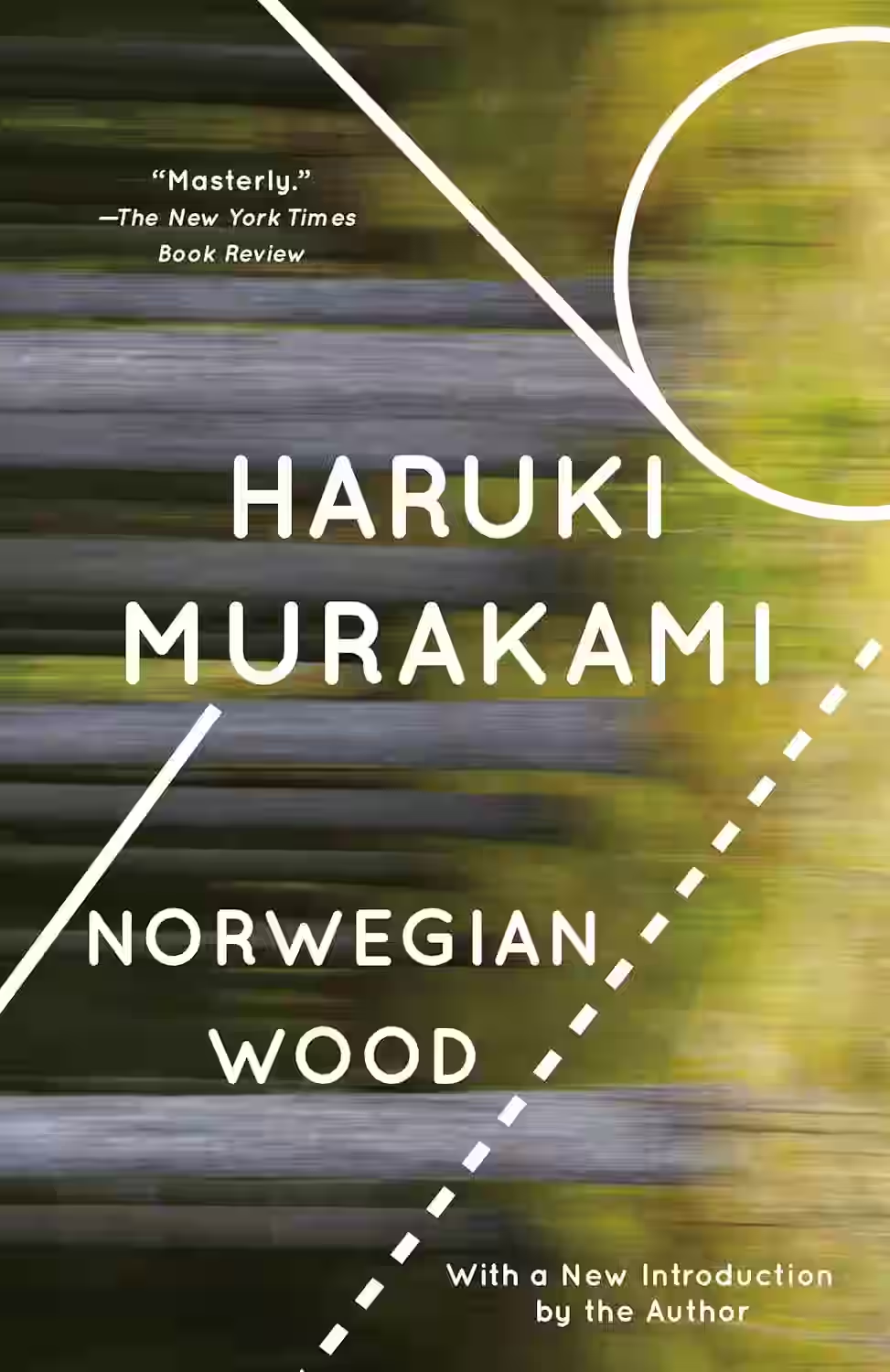
Helen Garner's Monkey Grip offers an intimate portrayal of life in 1970s Melbourne, focusing on single mother Nora and her tumultuous relationship with heroin addict Javo. Set against a backdrop of communal living and counterculture, the novel explores themes of love, addiction, and personal freedom. Garner's candid narrative delves into the complexities of human connections, highlighting the challenges of co-dependency and the search for identity. Through Nora's experiences, Monkey Grip captures the essence of a generation grappling with societal norms and personal desires.
About Helen Garner
A highly celebrated Australian author and journalist, known for her distinctive and often controversial non-fiction, fiction, and screenplays. Her work is characterized by its incisive observations, unflinching honesty, and ability to delve into complex human relationships and moral dilemmas. Garner's rigorous journalism and emotionally resonant storytelling have made her a beloved and influential figure in Australian literature.
Similar Books

Demon Copperhead
Barbara Kingsolver's powerful novel reimagines "David Copperfield" in contemporary Appalachia, unflinchingly portraying the cycle of poverty, addiction, and the foster care system through the resilient voice of its young protagonist. It's a searing yet ultimately hopeful story about survival, love, and the search for belonging in a marginalized community, earning critical acclaim for its empathy and social commentary.

A Home at the End of the World
Michael Cunningham's "A Home at the End of the World" is a poignant exploration of unconventional families and the search for belonging. The novel follows the intertwined lives of two childhood friends, Bobby and Jonathan, as they navigate love, tragedy, and identity from adolescence into adulthood. Set in the backdrop of the 1960s through the 1980s, the story poignantly depicts how these characters' lives are affected by societal changes, personal struggles, and the AIDS epidemic. Cunningham's lyrical prose and intricate character development invite readers to reflect on the nature of relationships and the idea of home, highlighting the resilience of the human spirit amidst turmoil.

The Lovely Bones
by Alice Sebold
Alice Sebold's 'The Lovely Bones' is a haunting and emotionally resonant novel that delves into the aftermath of a young girl's brutal murder. Narrated from the perspective of the victim, Susie Salmon, the story explores themes of grief, loss, and the intricate connections between the living and the dead. As Susie watches from her personal heaven, she witnesses how her family and community cope with her absence and strive to find closure. Sebold's lyrical prose and poignant storytelling offer a unique exploration of tragedy and healing. 'The Lovely Bones' is a compelling and thought-provoking read that lingers with readers long after the final page.

Norwegian Wood
Haruki Murakami's 'Norwegian Wood' is a mesmerizing exploration of love, loss, and coming of age set against the backdrop of 1960s Japan. The novel follows Toru Watanabe as he navigates the complexities of relationships, grappling with themes of loneliness, mental health, and the passage of time. Murakami's lyrical prose weaves a hauntingly beautiful narrative that delves into the human condition with deep introspection. Through poignant storytelling and rich character development, 'Norwegian Wood' captivates readers with its raw emotions and profound insights into the fragility of life and the enduring power of memory.